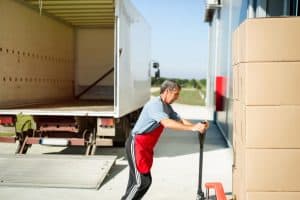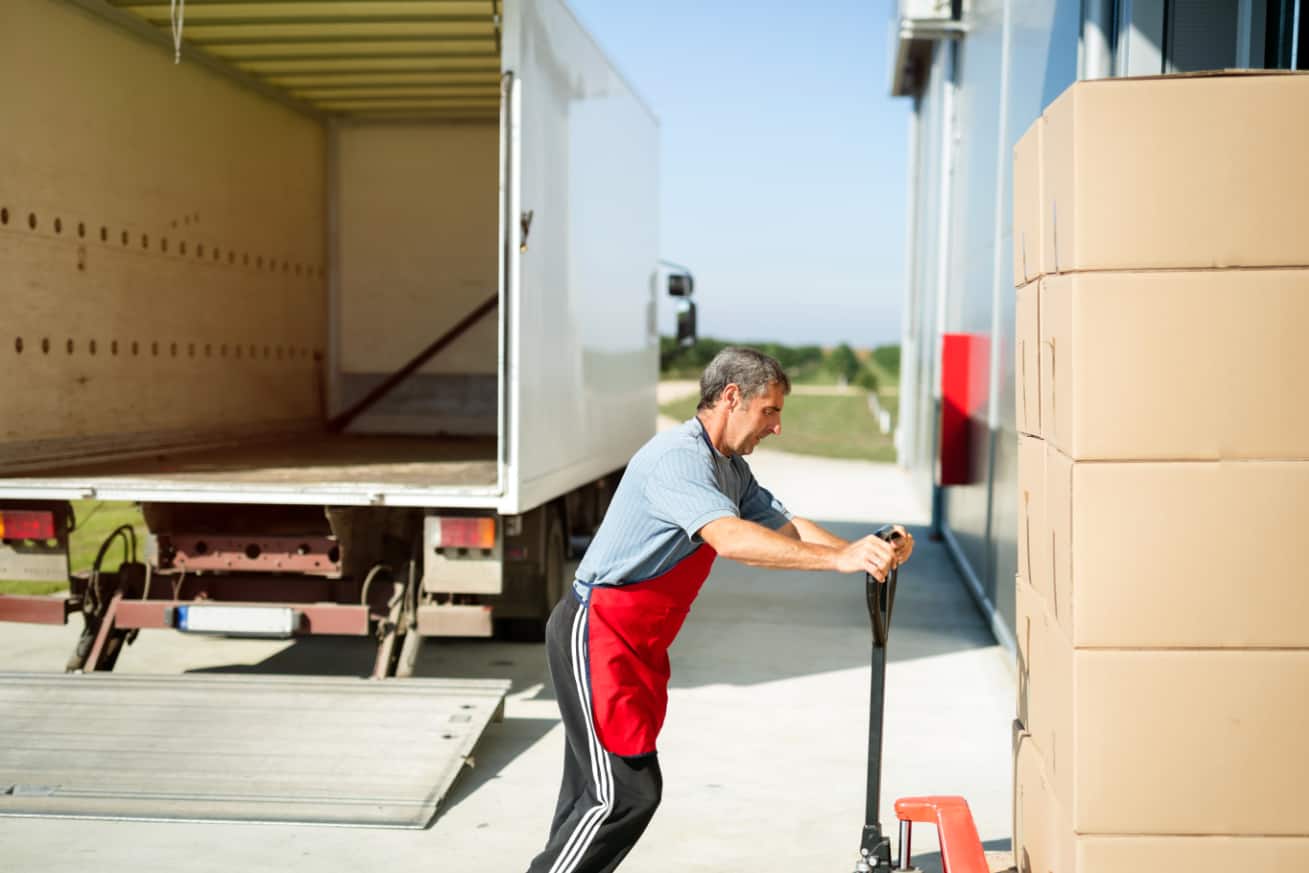
Since the start of the COVID-19 pandemic there have been numerous questions regarding workers who have contracted COVID-19 while performing their work functions. I have written a few other posts regarding COVID-19 including what happens when one contracts COVID-19 at work and also a discussion of legislation proposed in Colorado regarding the burden of proof with regard to COVID-19 cases. The legislation, which would have shifted the burden of proof from the worker to the employer, did not pass. Even without the legislation shifting the burden of proof, many COVID-19 cases have been accepted as work related exposures, but many more have been denied and as a result entered into litigation. In Colorado, cases accepted as work related are referred to as “compensable” and in cases of COVID-19 would be considered “Occupational Exposure” cases. Workers who have contracted COVID-19 at work and have suffered symptoms of the virus receive medical benefits to treat and cure them from the effects of the virus, disability benefits to compensate them for the loss of work and in some sad situations, death benefits paid to their dependents.
With regard to the previous blogs, as mentioned above, I received a few responses stating simply that it would be unfair to have a worker who has contracted COVID-19 at work to collect benefits under the Colorado Workers’ Compensation Act. In response to that school of thought, I would point one in the direction of the very core of the Workers’ Compensation Act both in the State of Colorado and throughout the country.
The Workers’ Compensation system throughout the country is sometimes referred to as the “Grand Bargain.” The theory is that employers would be immune from a lawsuit brought by workers or the families of workers injured or exposed on the job. In exchange for this immunity the employers were tasked with taking care of the injured employee or their family in the case of death. Both workers and employers gave up something as part of this bargain. Workers in high risk employment worked hard to build America during the industrialization era knowing that they or their families would be taken care of if they were injured or killed on the job. Employers also knew that they would not be sued by the workers injured or killed in the workplace. This allowed Businesses to push ahead seeking profits and driving the development of the country and it allowed workers the peace of mind of knowing they could give their all to their employer.
Now skip ahead around 150 years and apply that same reasoning to the workers who have been working hard to keep their employers’ businesses open during the COVID-19 pandemic. These workers’ efforts kept the food and supply chain moving so that the rest of the country could eat. Heavily impacted by COVID-19 are the workers at food packaging facilities, grocery stores and at distribution centers. These workers’ have now been dubbed “Essential Workers.” We can all agree that their efforts have been keeping their employers in business and in many instances providing an unusual degree of profitability for those employers. Taking on such a risk to keep their employers in business and the country alive is something to be admired. Now these essential workers need and deserve to be cared for by the very system put in place to do just that, the Workers’ Compensation system.
Most employers provide workers’ compensation coverage for their workers with insurance. Insurance carriers are able to provide for losses of their insureds as they provide coverage over a large number of employers in various industries. This creation of a workers’ pool spreads the risk for the insurance carriers which allows both the employers purchasing coverage and the insurance carriers providing coverage to make a profit. As such, providing medical and disability coverage as well as death benefits for infected workers’ is exactly why employers pay their premium each month. While it certainly is important for businesses to pay an affordable premium in order to provide coverage for their workers, the very fact that they have this coverage coupled with the “Grand Bargain” means that they can forge on without worrying that they will be blind-sided by workers with a lawsuit. Likewise, should the worker become injured, sickened or die due to a work-place exposure they can and should know they will be able to receive medical care and have lost wage benefits. This benefit to the employer and the worker allows the wheels of our economy to keep rolling.
Understanding what has been put in place to protect workers and their employers, it can be frustrating to see employers fail to stand up for their employees and provide a safe and protective workplace. A safe and protective workplace includes safety from COVID-19. These businesses that have been deemed essential, and thus never shut down, are leaving the very backbone of their business, their workers, out to dry. Further, keeping workers healthy keeps insurance premiums at a more affordable level. If employers seek the protection of the “Grand Bargain” they should be held to their part of that bargain.
Making the workers in these essential industries carry the burden of COVID-19 is unfair and violates the very essence of the “Grand Bargain.” Having insurance carriers take the burden is at the very heart of this bargain which was deemed necessary to build this country. That right should not be taken away from the workers that are keeping this country alive.
At Anderson & Lopez we recognize the effort the essential workers are making to keep things moving during these trying times. We know it is a sacrifice for both them as well as for their families. Our heartfelt gratitude goes out to these often overlooked yet essential workers. Let’s all work together and take care of one another because together we are strong. Anderson & Lopez, local, personal representation.
